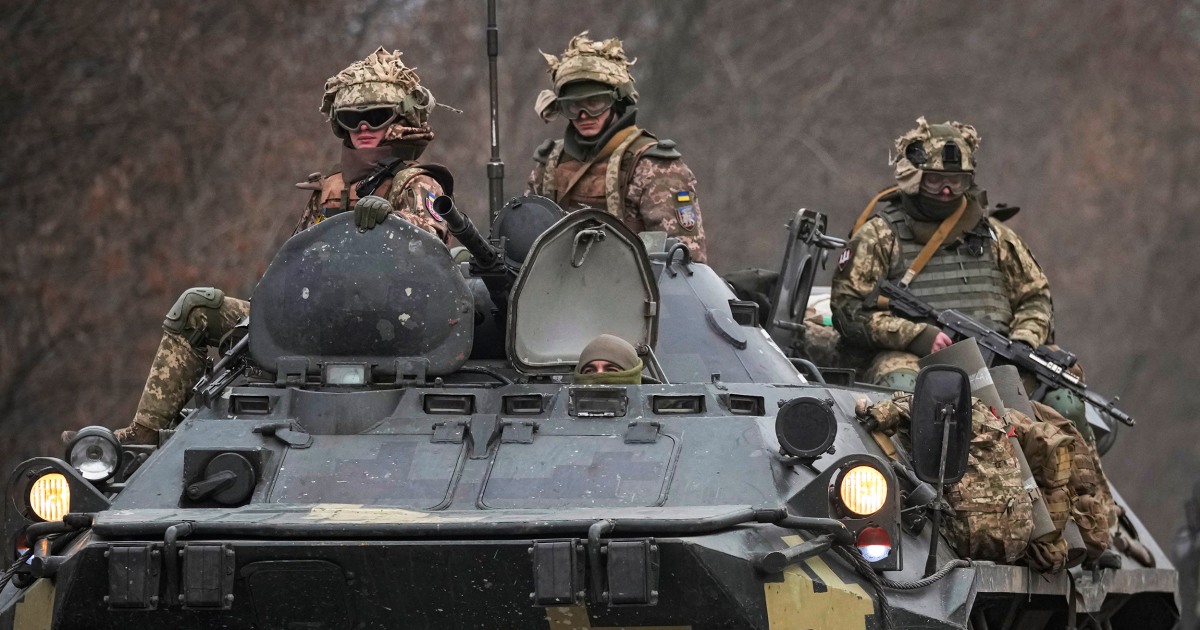- Joined
- Apr 18, 2013
- Messages
- 94,343
- Reaction score
- 82,727
- Location
- Barsoom
- Gender
- Male
- Political Leaning
- Independent

Opinion | Why should Americans care about Ukraine?
The Russia-Ukraine conflict is geographically distant, but the consequences of Putin's aggression could have ripple effects beyond Eastern Europe.
Russia’s unprovoked attack on Ukraine began Thursday, after weeks of buildup. But the genesis of the crisis began much earlier, in October. President Joe Biden’s national security team presented him with grim details of President Vladimir Putin’s plan to invade. And yet, in the fall of 2021, most Americans seemed unaware of or ambivalent to the impending danger. This is not surprising. Many Americans no longer remember the Cold War, the Russian invasion of Hungary and Czechoslovakia, or the Cuban Missile crisis. With a full-scale attack by Russian troops now ongoing, it’s important for Americans to understand why we should care about what happens to a country very few have visited or know much about. Simply put, the Russian invasion will have a real impact on American national security.If Russia were to invade and occupy Ukraine, it would contribute markedly to this global recession. Ukraine was recognized as an independent state by Russia more than 30 years ago. The Charter of Paris, signed in November 1990 by the United States, Russia and 30 European countries, established essential principles for a post-Cold War era based on international law and global norms. Subsequently, Russia, the United States and Great Britain guaranteed the sovereignty and territorial integrity of Ukraine in 1995 in the Budapest Memorandum.
Moscow has no more legal basis to insist on any portion of the territory of Ukraine than Germany has the right to demand the return of Alsace and Lorraine from France. If the West accepts such Russian claims, it will not only undermine the sovereignty of all countries but also invite other nations to seek territory through military force. Meanwhile, Putin has been quite candid about his ultimate goals — and they extend well beyond the border of eastern Ukraine. In his annual address to the Russian people in 2005, Putin said the collapse of the Soviet empire "was the greatest geopolitical catastrophe of the 20th century." Western leaders shrugged off these remarks as a political polemic, but it now seems clear the Russian leader believes his own mythology. As a result, he has pursued a three-pronged strategy. First, undermine American leadership and liberal democracy in general. Second, drive wedges between the United States and its NATO allies in order to destroy the alliance. Third, reassert Russian control over countries that comprised the Soviet Union. Putin’s claims that Ukraine poses a military threat and is historically part of Russia are clearly preposterous. Putin does, however, fear that Ukraine might become a successful democracy and market economy. If that occurred, it would serve as an example to the Russian people that could ultimately threaten his control at home.
Americans must recognize that this crisis is not about Putin. It is about us.
